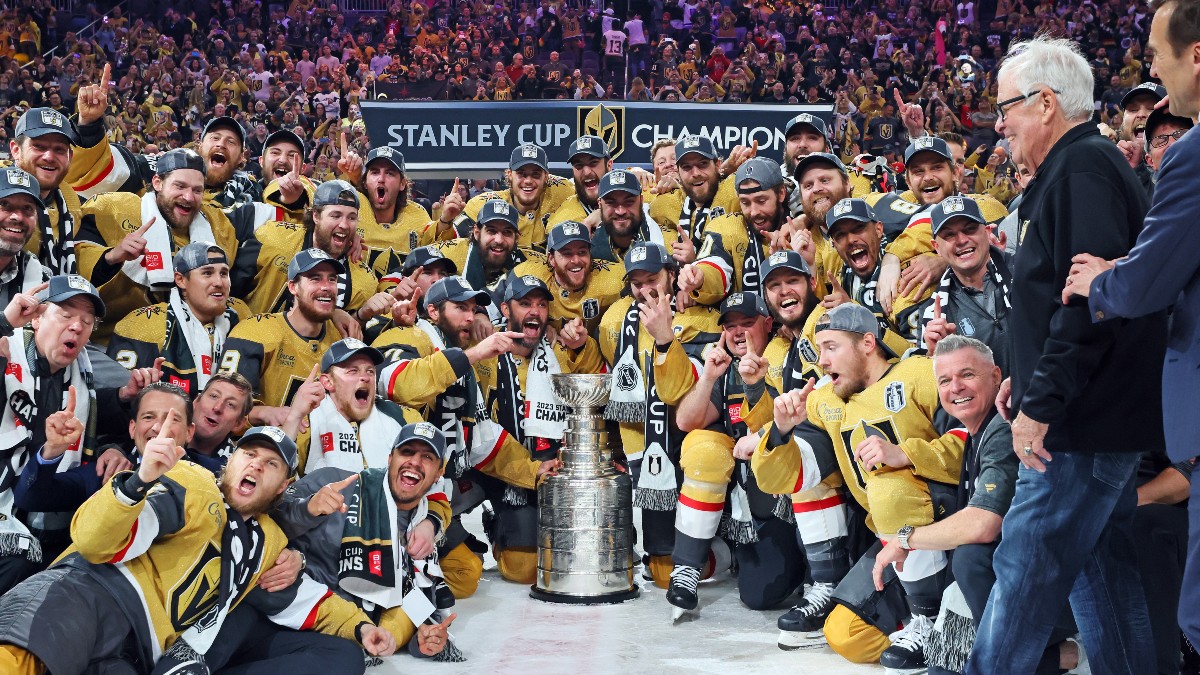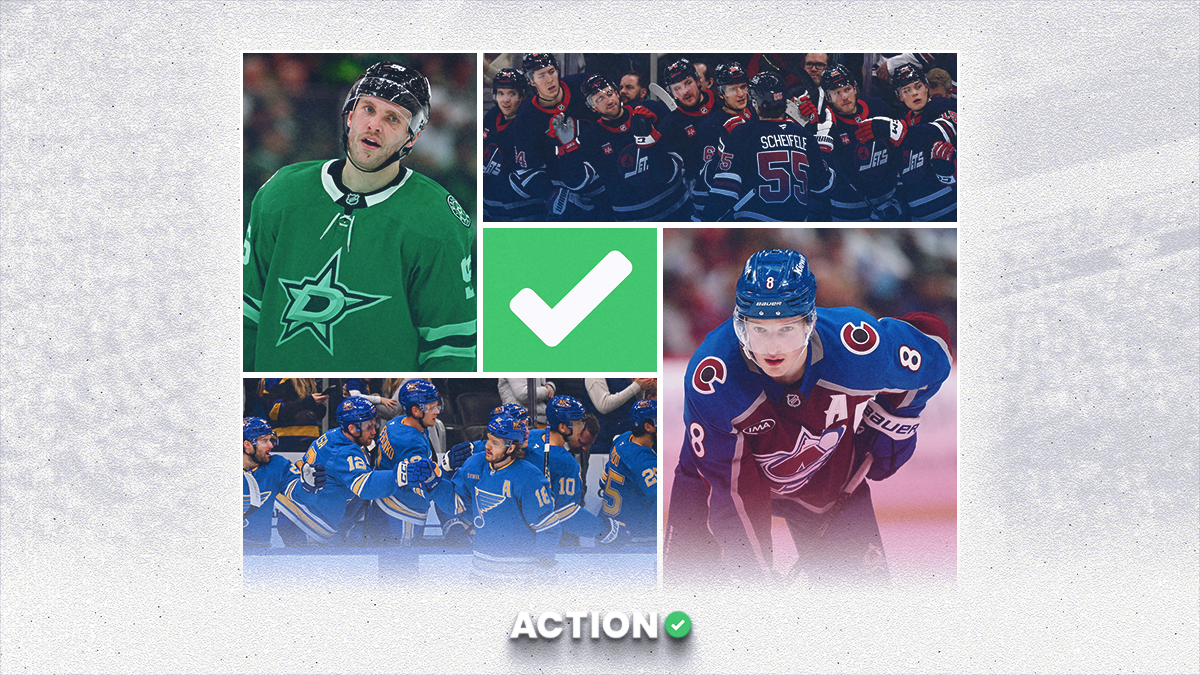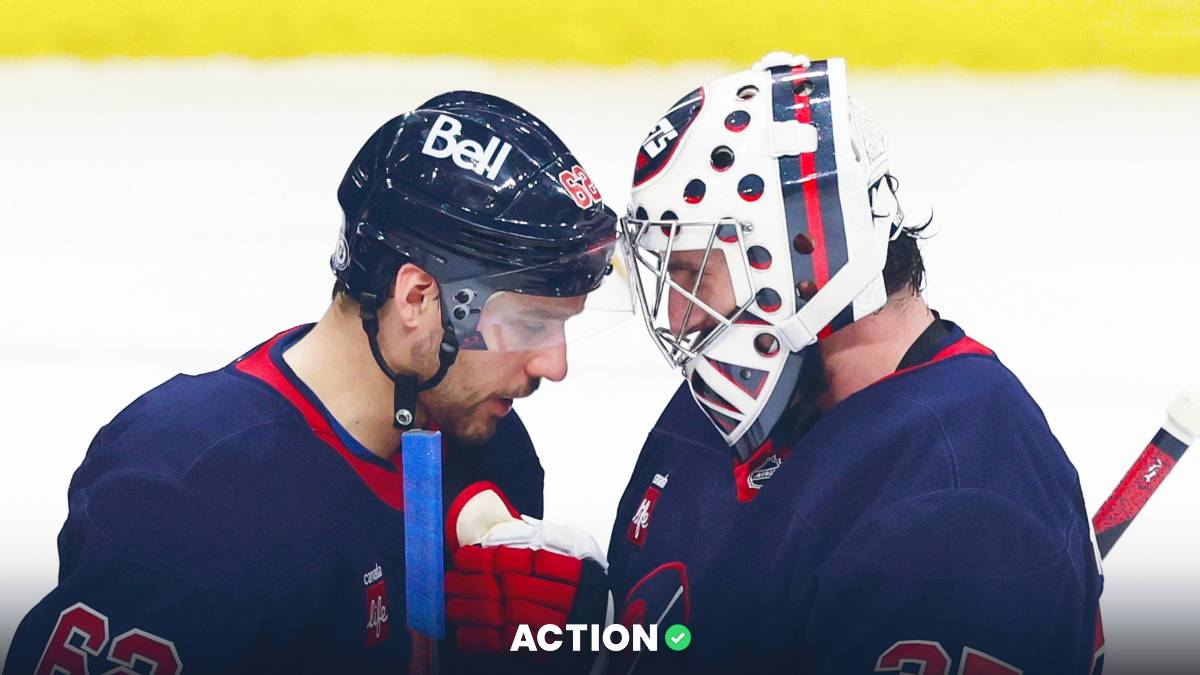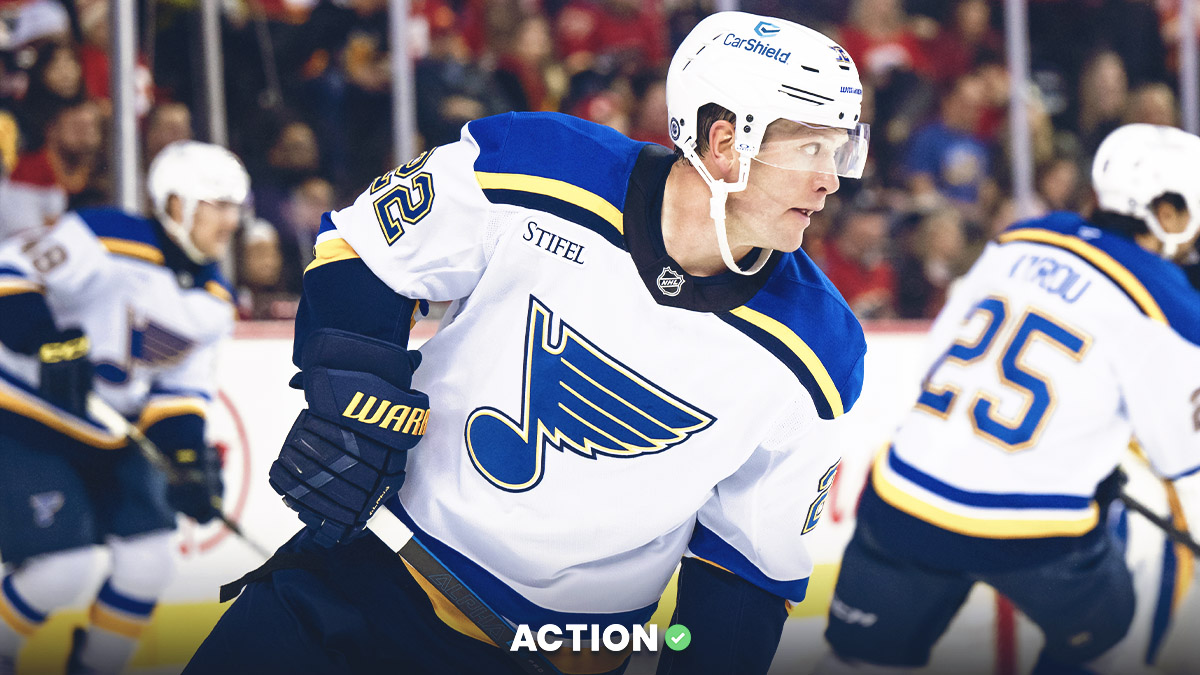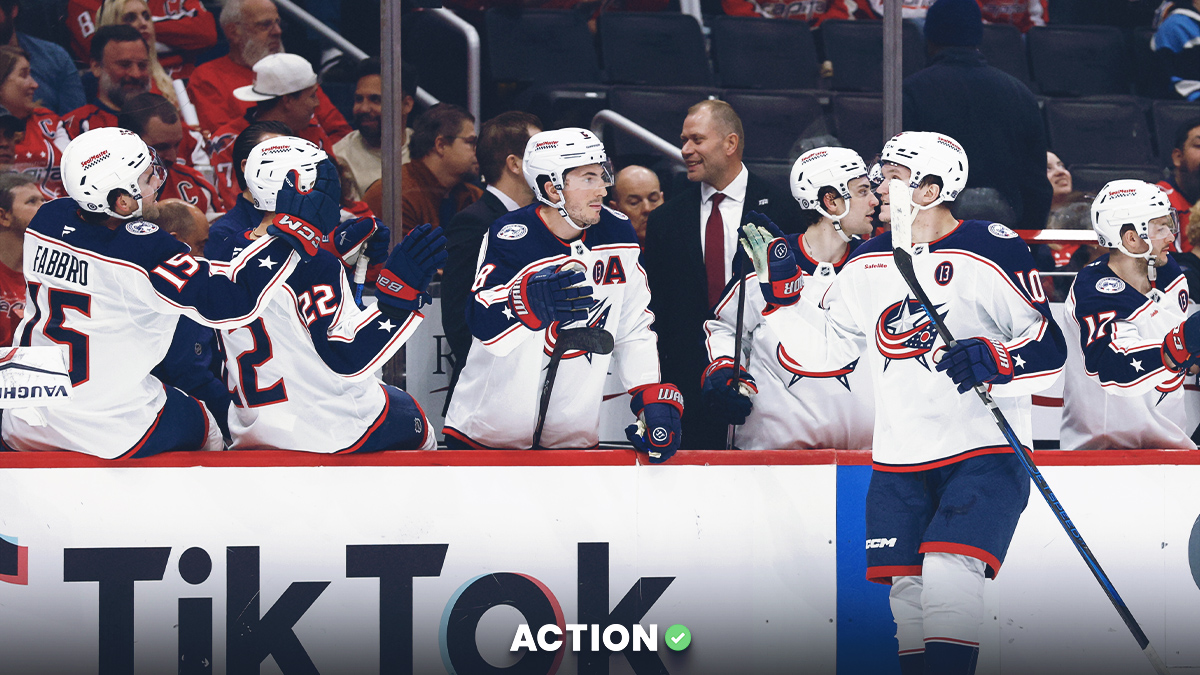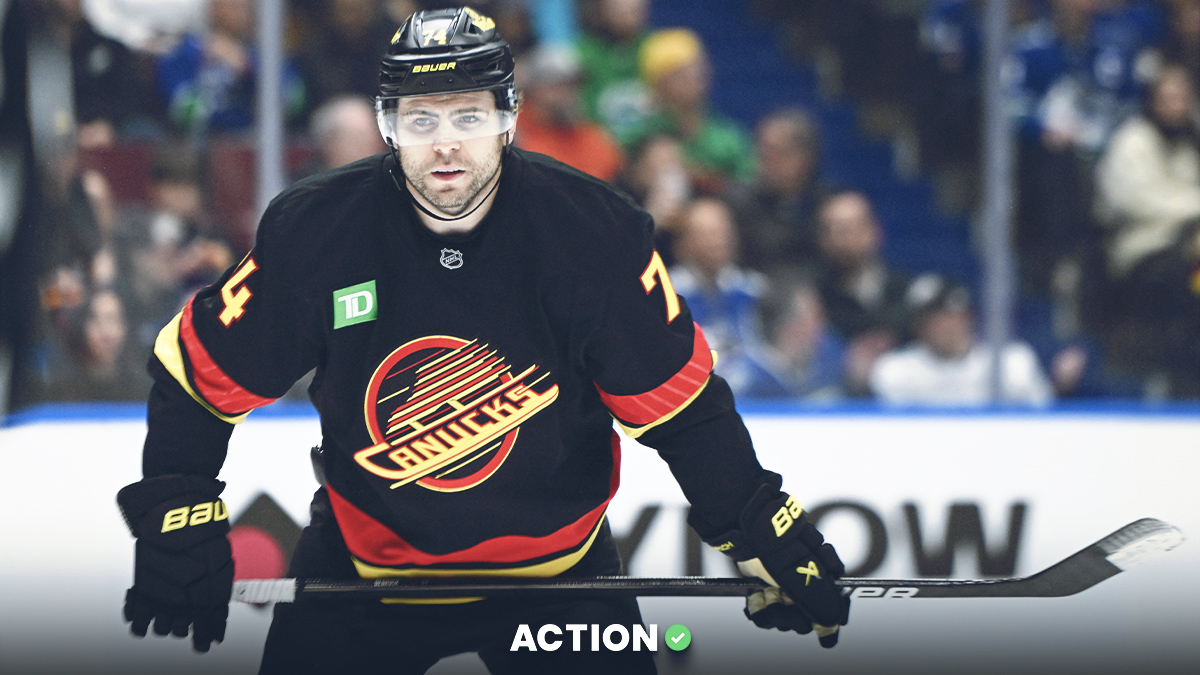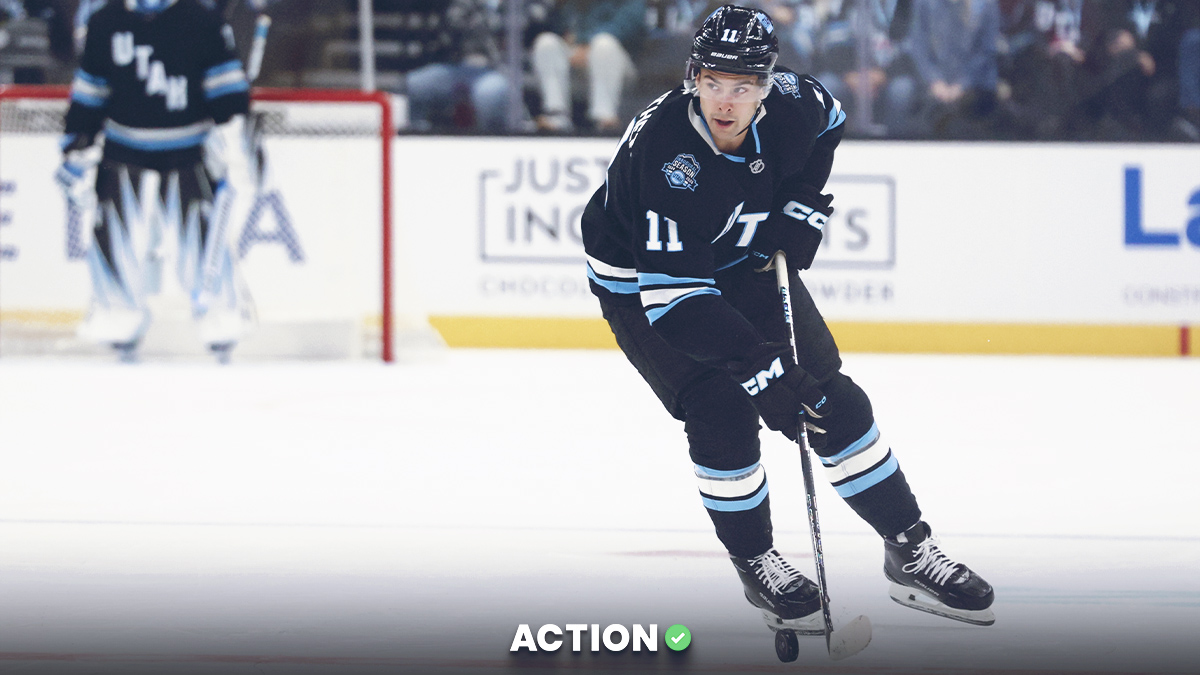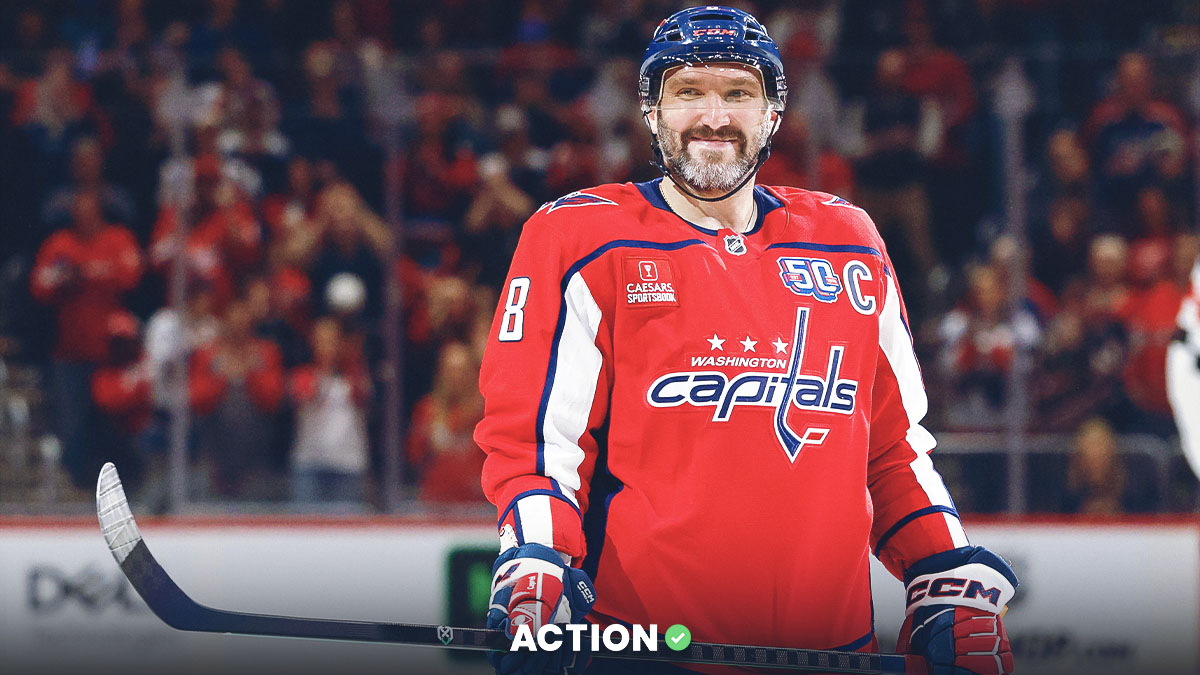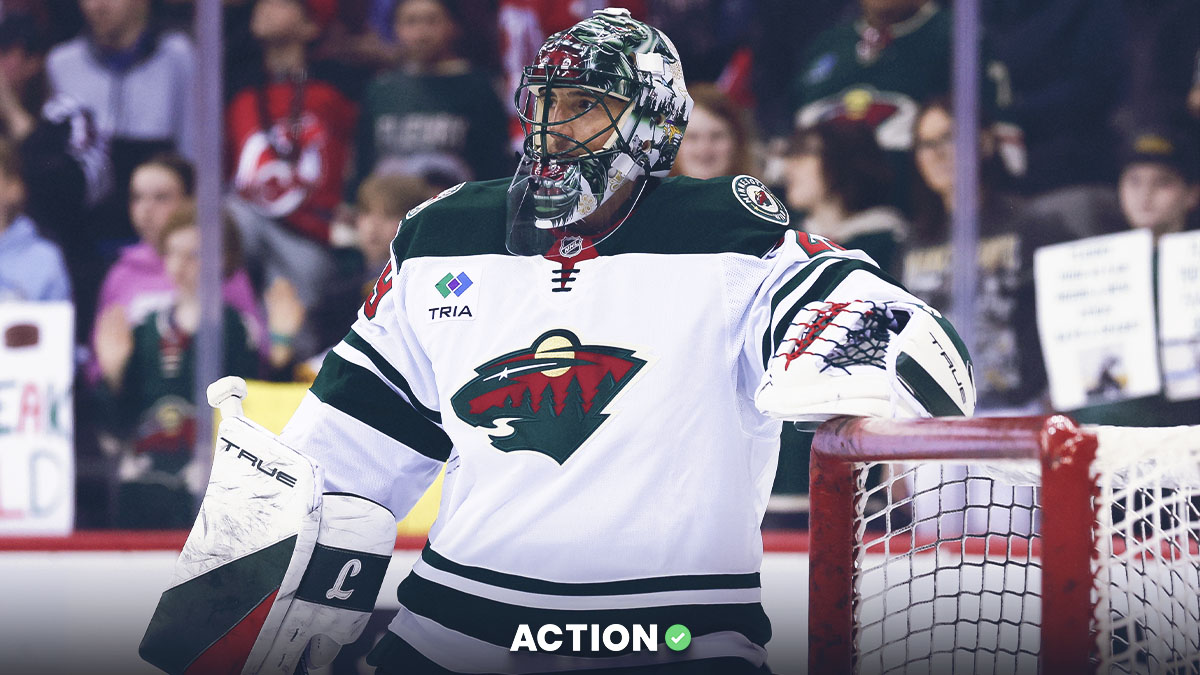For gamblers, Vegas has always been the center of the sports world.
For everyone else, it has been anything but.
And that includes the sports leagues.
Ten years ago, commissioners publicly treated Vegas like a pariah, ignoring its position as a linchpin for NFL ratings because of its ties to gambling interests.
Leagues united as a front to take on sports gambling, hoping to stop momentum that eventually legalized the practice nationally.
Even as Gary Bettman announced the Vegas Golden Knights franchise would play in an MGM-owned arena, he said that he would work with the nearby sportsbooks to ban betting on the Knights.
On Tuesday night, a Vegas franchise lifted the Stanley Cup with a sportsbook advertisement on its jersey, for god's sake.
Now, Vegas is where everyone wants to be.
The Oakland A’s are closer than ever to becoming the city's first MLB franchise. On Tuesday, the Nevada Senate passed a bill that would provide roughly $380 million in public funds to build a baseball stadium.
And LeBron James has made it abundantly clear that he's angling for the expansion franchise that's set to make roots in Vegas within the next decade.
Meanwhile, the Raiders have taken the city by storm and are set to host next year's Super Bowl. Formula One will begin a new Vegas Grand Prix for the foreseeable future starting in November.
Then, of course, there's the Vegas Golden Knights — winners of the Stanley Cup in just their sixth year in existence. That's after making the Cup as the best expansion team in sports history in 2018.
Vegas rose even as the sports gambling world itself doubted it.
When legalization blossomed, some in sports believed Vegas would become an afterthought. Patrons in Nevada are required to register with a physical casino, in-person, in order to sign up for mobile sports gambling.
But not only did Vegas not die, it thrived.
Coming off Covid — which decimated its tourism business — Nevada finished last year with $8.7 billion in sports bets, a state record. It's head-to-head with Illinois for the No. 3 spot in the U.S. despite taking a massive plurality in physical tickets. That mark stands behind only New York and New Jersey — which take almost exclusively mobile bets.
Vegas became the "Sin City" because all vices could be found within its limits.
The same is still true, but the negative connotation from the sports world has faded.
Vegas is now the "In City."


